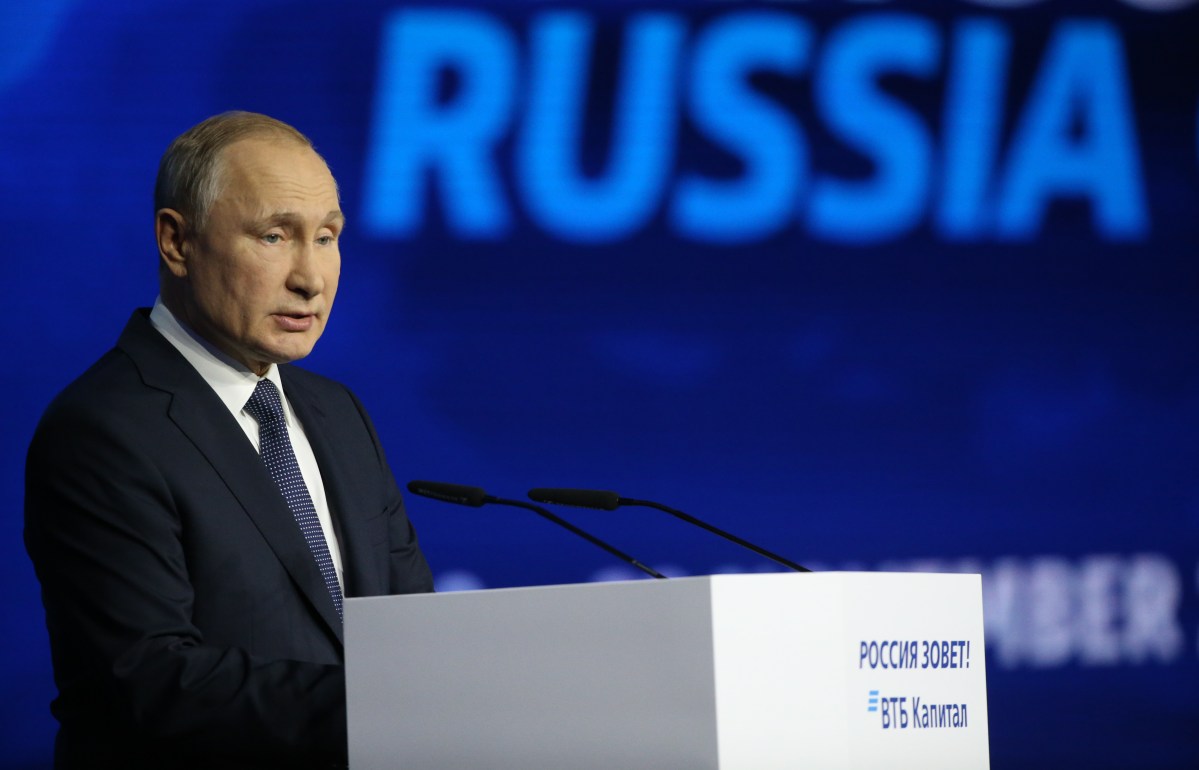After the 2016 election, the fear for many here in the States was that Russia would continue to meddle in American politics, hoping to sow discord, and that appears to the case: a new CNN piece tells the story of Jack Delaney, an aspiring writer who unknowingly got roped in to a Russian interference scheme.
It all began when Delaney, a 26-year-old living in Brooklyn who had recently lost his restaurant day-job due to COVID-19, received a message from an “Alex Lacusta” on Twitter. Lacusta said he was an editor at the independent, left-wing online magazine Peace Data and offered Delaney a paid monthly column, claiming he had seen his work on other left-leaning sites and been impressed by it.
Delaney wrote three articles — in good faith, the same way he would for any legit left-leaning outlet — for $100 apiece over the course of a few months for the site, with headlines like “QAnon Is Meant to Spread Fascist Mythology and Distract From U.S. Failures” and “Overfunding of U.S. Military Is Driving Climate Change and White Supremacist Culture of War Crimes.”
But as CNN reports, “On Tuesday, Facebook, acting on a tip from the FBI, said Peace Data was part of a covert Russian campaign — tied to the same Russian group that used social media to interfere in the 2016 US presidential election.” Alex Lacusta does not exist, and his profile picture was determined to be a computer-generated image.
“While it has a modern, digital twist, the scheme comes straight from a playbook Russia has been using since at least the Cold War: tap unwitting Americans to help highlight cracks in American society and elevate dissenting voices,” the publication notes. “It’s all part of a campaign the US government says is designed to exacerbate divisions in American life.”
As for Delaney? He’s shocked and appalled. “I’m obviously no fan of Putin or the Russian government,” he told CNN. “I don’t want to have any association with an authoritarian regime.”
Thanks for reading InsideHook. Sign up for our daily newsletter and be in the know.

















